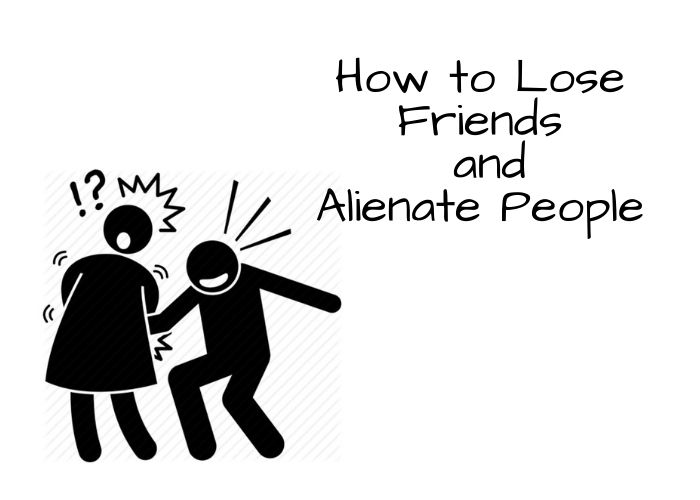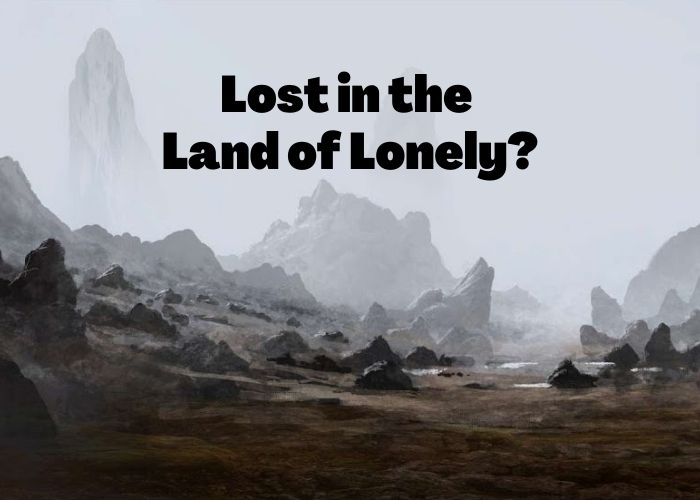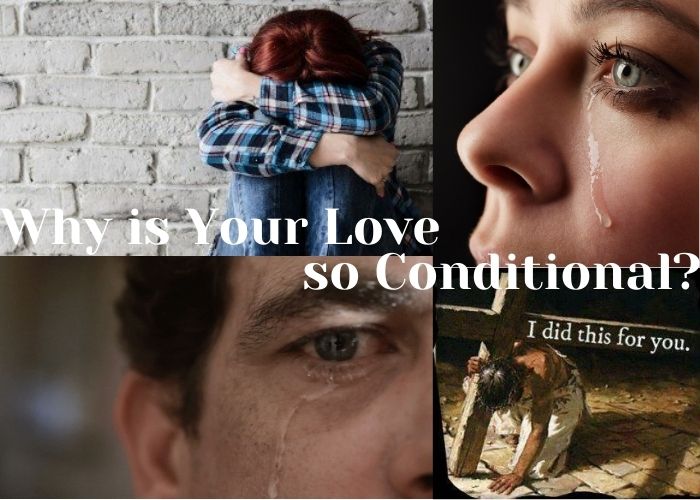
“Affection opens our eyes to goodness we could not have seen, or should not have appreciated without it.” C.S. Lewis, The Four Loves
Bitterness is a cancer of the soul. We all have it. Sometimes it hides in the cells. Other times, it develops as a large tumor readily visible to everyone we come into contact with. Usually, it is that horrible kind of cancer that is like jellyfish tentacles that thread through our guts. We recognize it is there and–like a surgeon–we start cutting out small pieces only to discover there is more.
I lately find myself in the unfortunate position of being tempted toward bitterness. Worse, the more I give into it, the sweeter it seems. There is a simple satisfaction proclaiming judgement against people with whom I disagree by denouncing them (if only in my mind). It’s very easy to “cancel” people by proclaiming them “idiots”. It also makes me feel like the hero of my own story–which of course–in my minds eye–I always am.
I also enjoy joining “rallies” of other like minded individuals with whom I can digress about the “transgressions” of the “idiots”. It feels good to stab people in the back.
Boy is that an uncomfortable thing to put in print!
Mostly, I do this in my mind. At least I thought I did. Until I asked my son to prepare for an event recently and he said, “I’m not going! I don’t want to be anywhere around those wicked people!”
Gulp!
We see ourselves best through the eyes of those who love us the most. That is, if we are willing to listen.
I have determined that bitterness is the quickest and best way to lose friends and alienate people. And, like the unskilled surgeon I am, I have been trying to cut out the cancer. I don’t want to end up a “lonely and bitter old woman”. Candidly, the temptation to get a bunch of bunnies has been knocking on my door. That is, after all, what I used to do to avoid my feelings. I would hoard creatures until I was so busy cleaning litterboxes I didn’t have time to think about my feelings.
Upon reflection, I realize I lack the affection for some people I used to have. I also wonder how to get it back. I have been tolerating them under the guise of loving them but now I see it just won’t do. Toleration is as far removed from affection as arachnids are from octopi, and twice as deadly.
If we form friendships by discovering the things we have in common, do our differences automatically discredit the relationship? Is that why we fall out of favor with each other and say, “the friendship has run its course?” On a grander scale, is this why we break up or get divorced?
For instance, if God has called me to “love my neighbor” but I don’t “like them” should I stop praying for a tree to fall on their house? I only ask because one of my “neighbors” (a close friend) really annoys me and its not “Christian” to tell them what a jerk I think they are. And while I don’t explicitly pray for falling trees, I have stopped praying for God to protect them from harm. And it’s because of this cancer (bitterness!) that has spread throughout–and is twisting in my guts.
And I thought losing weight was hard!
Matthew 18 includes the parable of the unforgiving servant. The Apostle Peter (who must have been a lot like me) asked Jesus, “Lord, how often will my brother sin against me, and I forgive him? As many as seven times?” Jesus said to him, “I do not say to you seven times, but seventy-seven times.” (Matthew 18:21-22)
Why couldn’t Jesus have just said, “Peter, for you–three sounds like a good number. After all, the third time is a charm!”?
That pesky Jesus. Always sending an ice storm when I asked for snow.
And if that little splash of cold water wasn’t enough, he finished with, “So also my heavenly Father will do to every one of you, if you do not forgive your brother from your heart.” (Matthew 18:36) in reference to delivering the unforgiving servant over to the jailers. And by “jailers” I don’t think he was talking about jail.
Today, if you are anything like me, you have a few people in mind while reading this blog. You are quietly tolerating them while vociferously condemning and disavowing them. Worse, you hide behind self-righteous indignation while you quietly abandon the relationship. And while you may have a thousand excuses for why this is “right” and “good” and “noble”, I would like to suggest you are only feeding the cancer. And since God is the only one who can heal our sin–which is what the cancer is–I would like to suggest that you (like me!) learn the discipline of truly forgiving your neighbor from your heart. After all, Jesus forgave those who murdered him. I think you can (with His help!) forgive your obnoxious friend.

